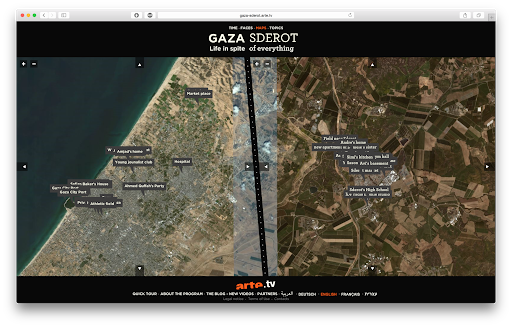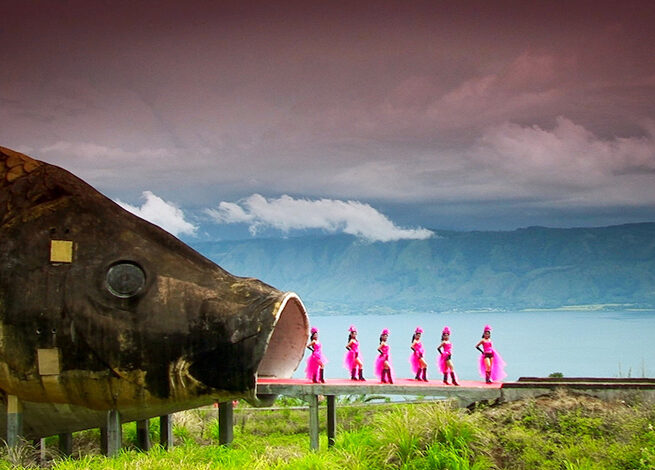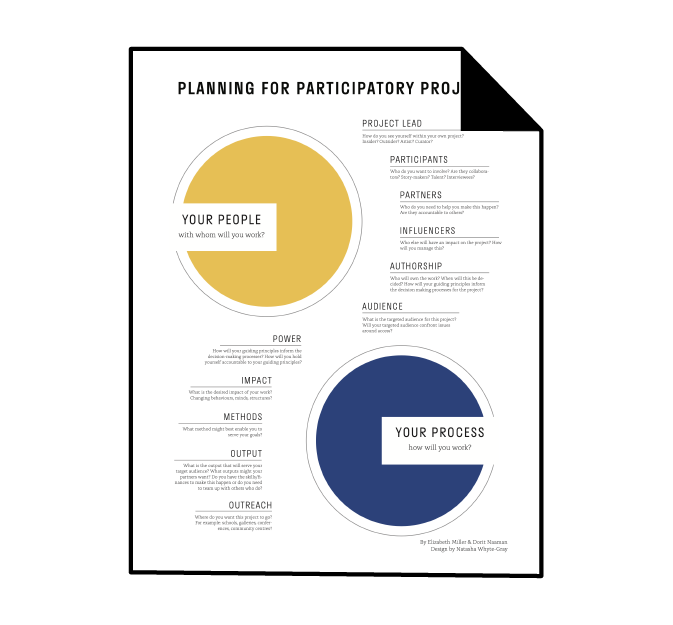Participants: Your People
Especially at the beginning, but really at any stage of a project, it is important to consider whose stories, voices, or expertise will be included or excluded from the project. No project can cover every perspective, so it is crucial to decide what perspectives are the most important to you and your team. Are your participants like-minded? Are they adversaries? If your theme addresses a conflict, will you engage diverse positions? What identity-related patterns and or possible inequities may arise in your selection of whom to include? Does your story or approach represent your own perspective? Are there missing perspectives? Is exclusion intentional and appropriate to the story being told? Who will have the most screen time? Who gets the first word? Who gets the last word?
How are your participants involved? Will you think of them as “subjects,” collaborators, storymakers, consultants? What might they contribute and how might they benefit by being involved? Will they have a chance to vet the project at different stages? What happens if there is a change in the project design or outcome? Who needs to know? When do you plan to involve participants? Is there the opportunity for a participant’s role(s) to change over time to become more or less involved?
Additional questions and prompts
How will you secure consent from people you plan to involve? While participants can benefit from their inclusion in a project, they may also face myriad physical, social, and psychological risks. Are there any key events (planned or unplanned) that might put participants at especial risk? How will you monitor the wellbeing of your participants?
Ethical protocols are one way to consider complex ethical issues that are likely to arise in your project. Ethical protocols are designed to ensure the autonomy and wellbeing of the participants with a view to social justice more globally. Academic research is governed by strict ethical protocols, but documentary filmmaking has its own (looser) codes, and some creative disciplines have not articulated any frameworks at all for participatory projects. Community Based Participatory Research (CBPR) frameworks, especially with Indigenous communities, have committed to four guiding principles: 1) to be relevant and 2) responsible to the communities that the researcher is working with, 3) to be respectful of community protocols, and 4) to ensure reciprocal benefits for all involved (the researcher and everyone else involved).
Reading
Aufderheide, Patricia, Peter Jaszi, and Mridu Chandra. “Honest Truths: Documentary Filmmakers on Ethical Challenges in Their Work.” Center for Media and Social Impact, September 2009.
Kirkness, Verna J. and Ray Barnhardt. “First Nations and Higher Education: The Four R’s – Respect, Relevance, Reciprocity, Responsibility.” Knowledge Across Cultures: A Contribution to Dialogue Among Civilizations, 2001. R. Hayoe and J. Pan. Hong Kong, Comparative Education Research Centre, The University of Hong Kong, Alaska Native Knowledge Network. http://www.ankn.uaf.edu/IEW/winhec/FourRs2ndEd.html
Behlil, Melis, Joshua Oppenheimer, and Robert Cashill. “The Act of Killing: An Interview with Joshua Oppenheimer.” Cinéaste 38, no. 3 (2013): 26-33.
Nickerson, Marcia. On-Screen Protocols & Pathways: A Media Production Guide to Working with First Nations, Metis and Inuit Communities, Cultures, Concepts and Stories. Commissioned by imagineNATIVE, 2019.


